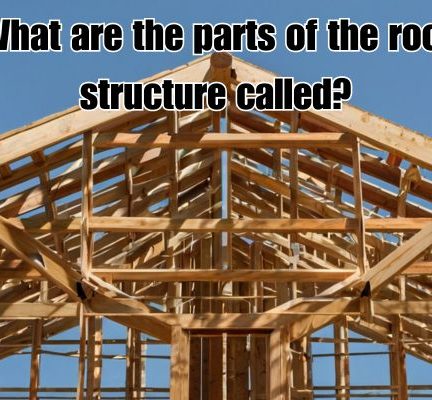An inspection can reveal vital details about the condition of a property. Trained officials conduct visual examinations before compiling reports based on their findings.
Homebuyers generally hire an inspector when considering purchasing their new homes, and it can be beneficial for them to attend these house inspections Victoria so that they can observe and pose any critical questions or voice any concerns that arise during it.
What Is a Home Inspection?
A home inspection is a non-invasive visual examination of a house’s physical structure and systems. Home inspectors inspect HVAC; interior plumbing; electrical systems, roof, attic and visible insulation, walls, ceilings, floors, windows, foundation and basement. A standard home inspection also includes safety tests to check the fire and carbon monoxide alarms operate as expected and examine running water to ensure it flows freely; additionally, optional services like termite, asbestos and radon inspection may also be provided at an extra fee.
House inspections are often part of real estate transactions. For example, a buyer may make their offer contingent on an inspection and have a set period to conduct it. Conducting one before closing can help both parties understand the state of the property and any expenses they might be responsible for upon moving in.
Sellers can prepare their homes for house inspections Victoria by turning on all utilities, removing items that might obstruct an inspector’s view and removing pets from the property. While home inspectors will likely notice apparent damage, such as peeling wallpaper or chipped paint, they are less likely to notice minor issues that need fixing, like peeling wallpaper or chipped paint. Nevertheless, they will provide a report with their findings that can leverage negotiations.
What Is a Pre-Purchase Inspection?
“Some things are worth checking twice” applies equally when buying used cars. When purchasing used models, it can be easy to overlook mechanical, cosmetic and safety issues during visual inspections or test drives.
Pre-purchase inspection (PPI) refers to an independent third-party evaluation of a vehicle’s cosmetic, mechanical and safety condition before buying. An automotive technician knowledgeable of its make and model should evaluate it thoroughly for any signs that might become safety or financial concerns for its buyer.
Getting a PPI is advisable before purchasing any used car from any dealer or franchise dealer. Dealerships rush through inspections to sell vehicles quickly; completing your PPI lets you gain more insight into its condition, helping you negotiate price or negotiate repairs with sellers before becoming their owner.
PPI evaluations involve an evaluator thoroughly inspecting the exterior, driving it on a road test and lifting the car to check its undercarriage. Specialists may need to use particular tools or equipment depending on the type of car being evaluated. In addition, evaluators must usually disclaim any ethical involvement with sellers to provide impartial factual evaluations for prospective buyers.
What Is a Post-Purchase Inspection?
Post-purchase inspection is a comprehensive assessment after a buyer has taken ownership of their new property to assess its condition and offer suggestions for repairs or maintenance.
Post-purchase house inspections Victoria can help identify issues missed during a pre-purchase inspection or that aren’t readily visible. They also allow new homeowners to prioritise immediate safety concerns and better budget for long-term expenses. In addition, in today’s competitive real estate market, it can often be advantageous for buyers to waive home inspections to get into their desired property; post-purchase assessments conducted shortly after closing can give new homeowners confidence in their investment decision.
Prevent the unexpected! I prefer a post-purchase inspection! Like pre-purchase inspections, post-purchase reviews can save money and headaches. Ideally, any used vehicle you are considering purchasing should be inspected before driving off the lot for purchase – this will provide an accurate representation of its condition and help avoid expensive surprises down the road.
Post Purchase Inspections typically last 2-5 hours and include a comprehensive report with a Summary, Photos and optional Services such as Radon Testing or Sewer Scope (if desired). You should attend your inspection with your inspector to understand its results better and discuss any concerns or queries arising.
What Is a Pre-Sale Inspection?
A pre-sale inspection is often worthwhile if you’re considering selling your home. An experienced home inspector can identify defects and problems that might hinder the selling process, including everything from structural damage or an outdated water heater to minor concerns like cracked plaster or peeling wallpaper.
At the seller’s request, an inspection should give them an idea of what to expect when selling their home. Olmsted suggests this can also help if they’re in a rush to sell quickly – should the inspector reveal significant problems, they must be disclosed in their listing, which could subsequently reduce potential buyers.
An inspector can advise sellers whether to repair problems before listing their home for sale or adjust their asking price accordingly. An inspection contingency clause in most purchase and sales agreements also allows inspectors to help sellers become better negotiators; for instance, if an inspector discovers severe structural defects which require repair, buyers might use them as leverage against sellers when making offers; pre-sale inspections help avoid these situations altogether – saving time and money by giving sellers more insight.

